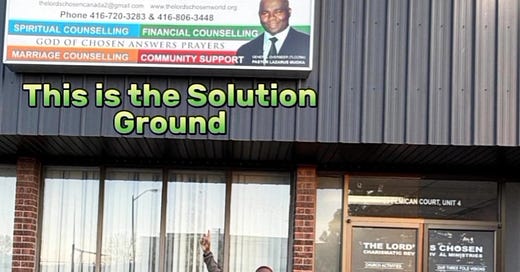If you have been paying attention at all to problems around mental health, you would know that mental illness, addiction, and substance abuse have been growing at a very fast rate for Canadians both on a personal and societal level.
By the age of 40, one in two Canadians, equivalent to 50%, have encountered or currently grapple with a mental illness. This widespread issue ranks as a leading cause of disability in the country, resulting in approximately 500,000 employed Canadians being unable to attend work each week and preventing students from doing well in their coursework.
According to a report from the Centre for Addiction and Mental Health (CAMH), the cost of disability leave due to mental illness is approximately twice as much as leave taken for physical illness. Additionally, the economic burden of mental illness in Canada is staggering, estimated at $51 billion per year. This figure encompasses healthcare expenses, lost productivity, and declines in health-related quality of life. For more information, you can refer to the report available on CAMH's website.
Harvard's Belief in Faith-Based Education
In a 2020 study conducted by Harvard's School of Public Health, the research found that people who attended religious services at least once a week were significantly less likely to die from “deaths of despair,” including deaths related to suicide, drug overdose, and alcohol poisoning.
Upon adjusting for various factors, the research demonstrated a significant correlation: women who attended religious services at least once a week exhibited a striking 68% lower risk of death from despair compared to those who never attended services. Similarly, men who participated in weekly services showed a notable 33% decrease in the risk of death from despair.
Imagine if psychologists could formulate a drug with comparable healing effects; it would be praised as a miracle drug.
That Miracle Drug is God’s Word
In a world marked by anxiety, loneliness, and isolation, there is a source of peace and hope that surpasses understanding: faith-based education. The Bible offers solace to those struggling with mental health, reminding us in Psalm 34:18 that God is close to the brokenhearted and brings peace to troubled minds.
“The LORD is nigh unto them that are of a broken heart; and saveth such as be of a contrite spirit.” (Psalm 34:18)
Through faith, we cultivate a positive outlook on life, finding strength and assurance in God's promises. Isaiah 41:10 assures us not to fear, for God is with us, providing comfort in times of distress and anxiety.
“Fear thou not; for I am with thee: be not dismayed; for I am thy God: I will strengthen thee; yea, I will help thee; yea, I will uphold thee with the right hand of my righteousness.” (Isaiah 41:10)
In a world where loneliness and isolation are rampant, faith-based education fosters a sense of community and belonging. We are reminded to love our neighbours as ourselves (Matthew 22:37–39), extending a hand of compassion to those in need.
“Jesus said unto him, Thou shalt love the Lord thy God with all thy heart, and with all thy soul, and with all thy mind. This is the first and great commandment. And the second is like unto it, Thou shalt love thy neighbour as thyself.” (Matthew 22:37–39)
Christ is God’s Word.
“In the beginning was the Word, and the Word was with God, and the Word was God. The same was in the beginning with God. All things were made by him; and without him was not any thing made that was made. In him was life; and the life was the light of men.” (John 1:1–4)
And it continues:
“And the Word was made flesh, and dwelt among us...” (John 1:14)
Jesus Christ is the living Word of God, God's full expression in human form. Let us embrace the transformative power of Christ, knowing that through belief and obedience, we find healing for both our minds and our souls.
“And having in a readiness to revenge all disobedience, when your obedience is fulfilled.” (2 Corinthians 10:6)
In faith, we discover peace amidst turmoil, hope amidst despair, and love amidst loneliness.










Share this post